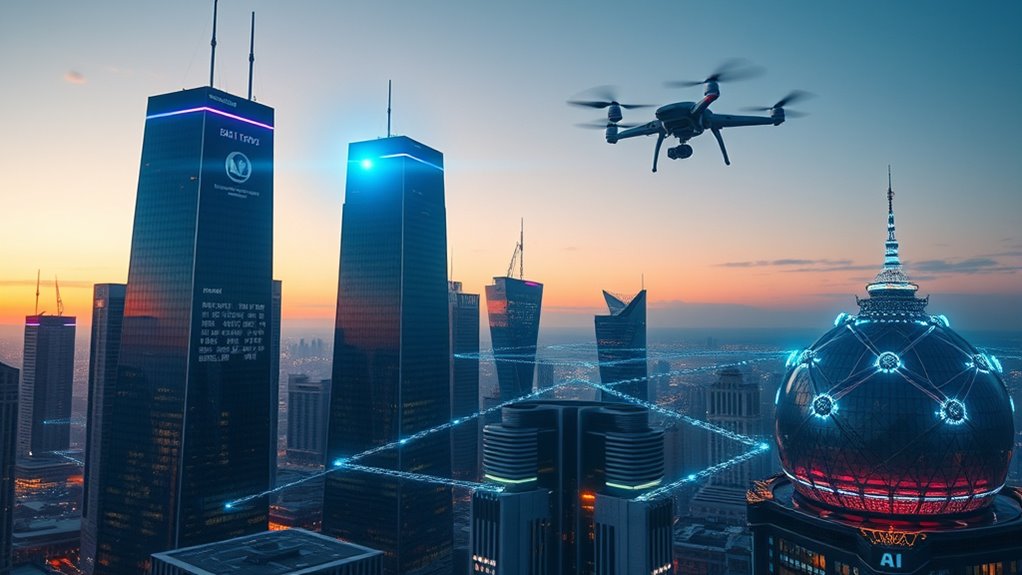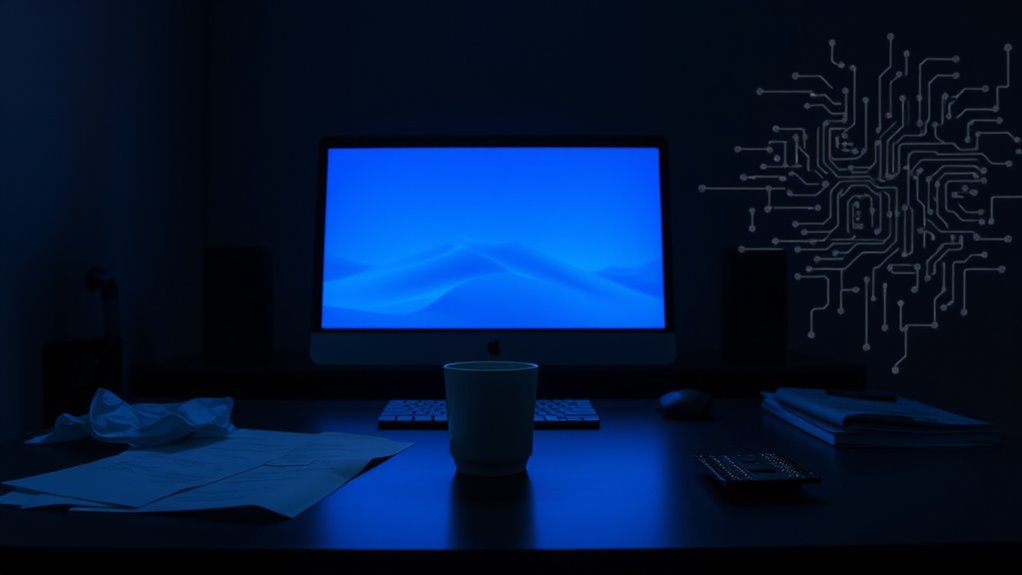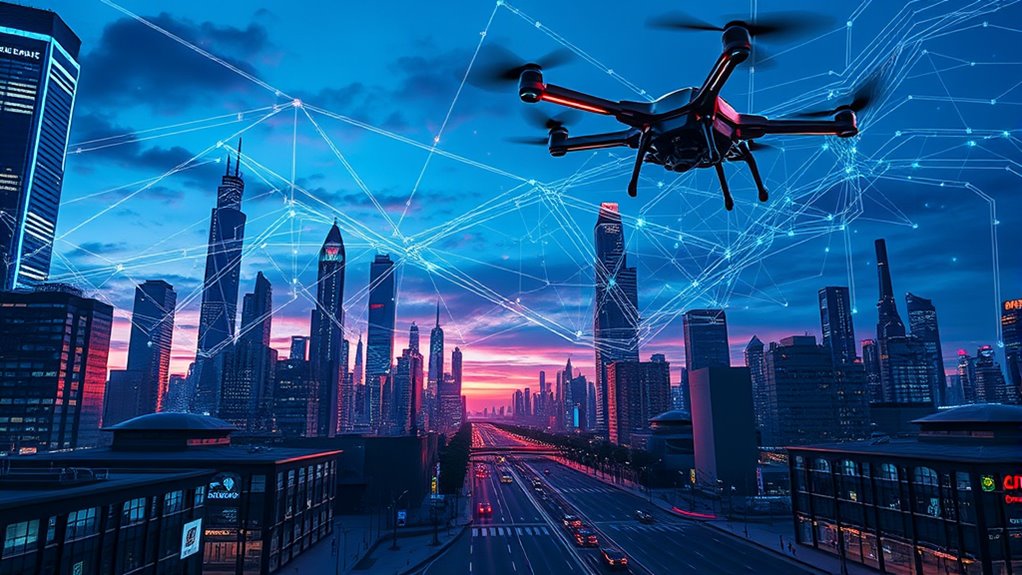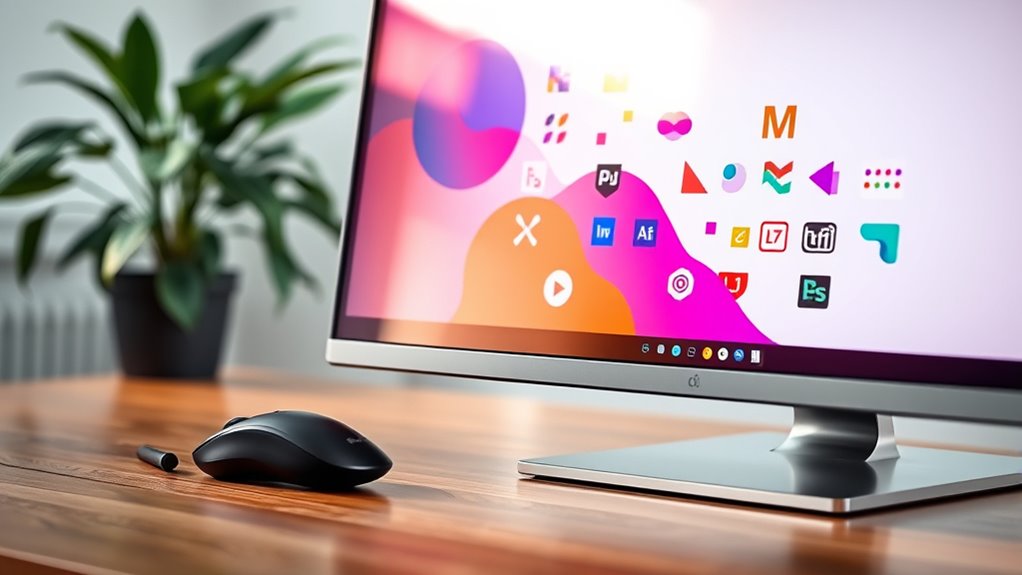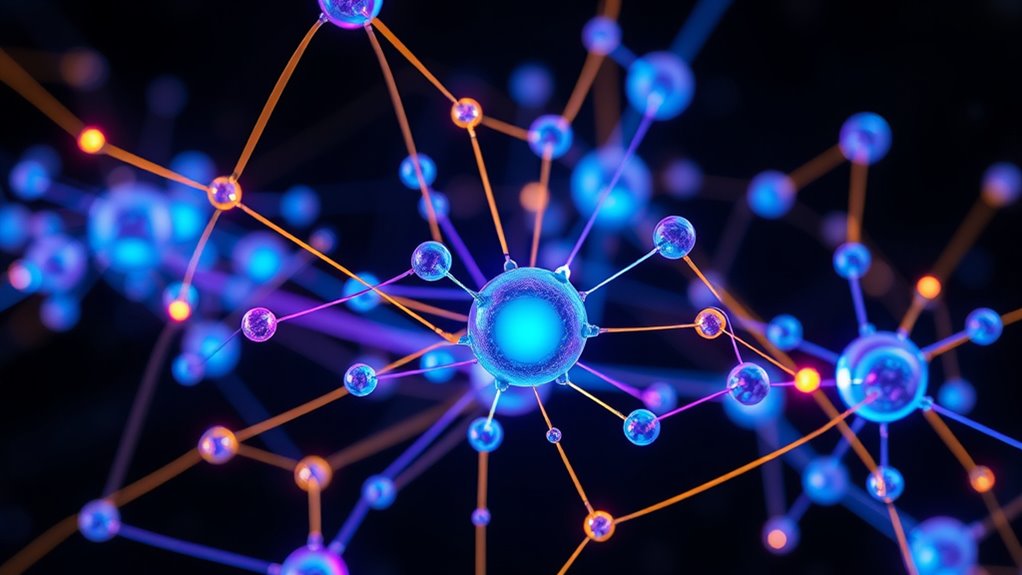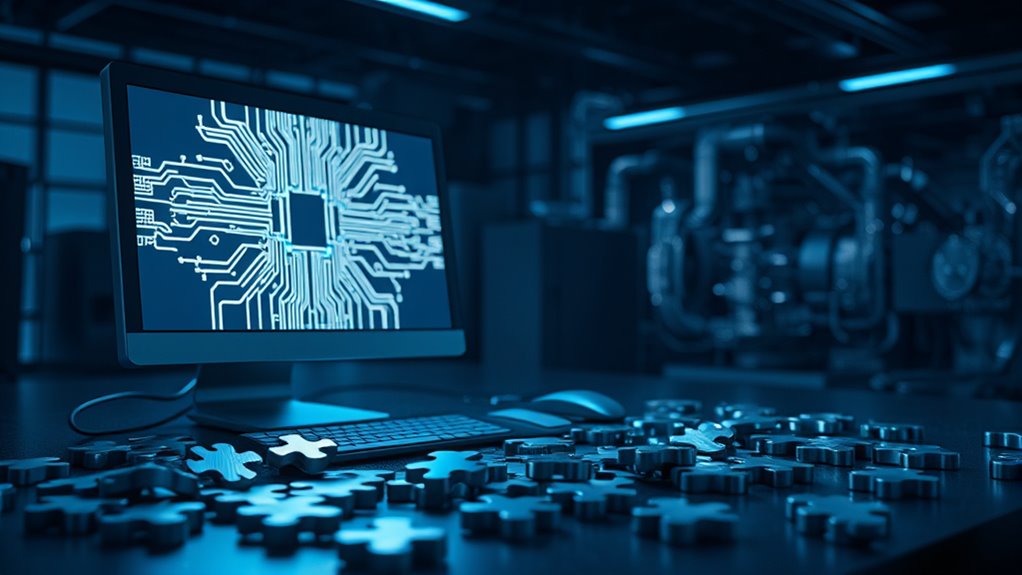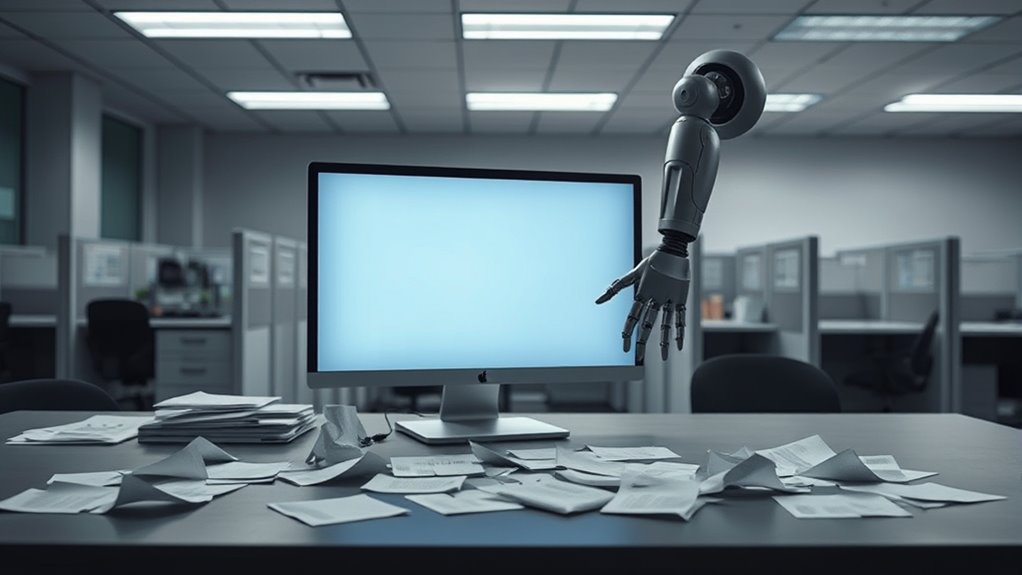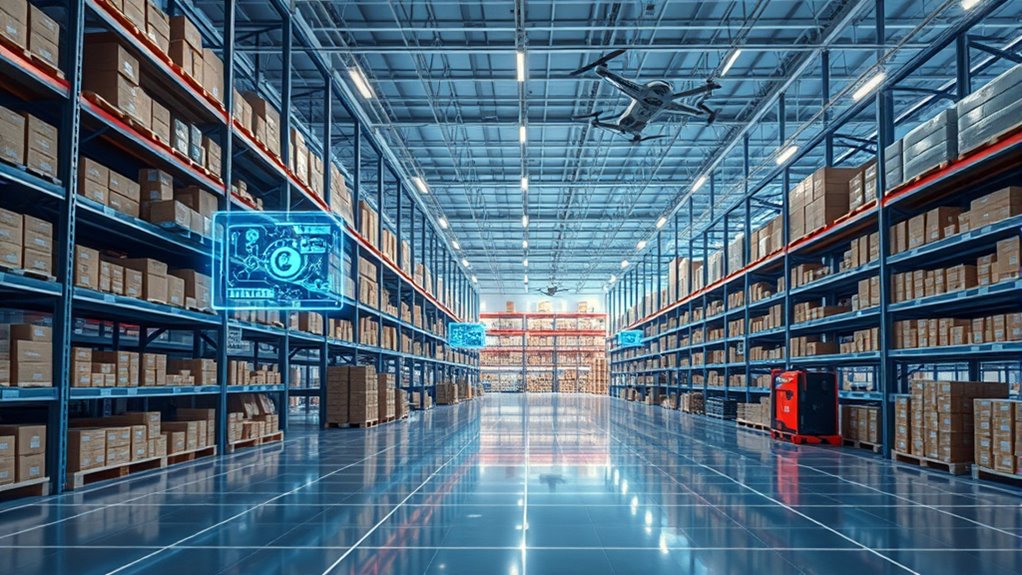As technology races forward, Artificial Intelligence, or AI, is set to transform the world in big ways. It’s already making a huge impact on the economy. Experts predict AI will add $15.7 trillion to the global economy by 2030. That’s a massive amount! Right now, 35% of businesses use AI, and nine out of ten top companies are investing in it to stay ahead.
AI might cut 85 million jobs by 2025, but it’ll also create 97 million new ones, leaving a net gain of 12 million jobs. Plus, 77% of devices people use every day already have some form of AI built in. Advanced models like GPT-4 are pushing boundaries with their generative language capabilities, enabling more natural and complex interactions.
AI could eliminate 85 million jobs by 2025, yet it will generate 97 million new roles, resulting in a net gain of 12 million.
In healthcare, AI’s changing the game. It’s expected to make diagnosing illnesses more accurate, especially with medical imaging. It could also speed up drug discovery by 50%, getting new medicines to people faster. AI might lower healthcare costs by managing patients and resources better.
Over half of U.S. adults, 51%, think AI will help reduce racial and ethnic bias in healthcare. It’s also paving the way for personalized treatments, tailoring care to each person’s needs. Additionally, AI systems are surpassing human performance in specific tasks like image recognition, showcasing their potential to revolutionize diagnostics surpassing human performance.
Society’s feeling mixed about AI. About 52% of Americans are more worried than excited about it in daily life. Data privacy and job loss concern 43% of people who see AI as a potential harm. Moreover, 60% of Americans feel uncomfortable with AI making healthcare decisions, reflecting broader public concerns uncomfortable with AI.
Curiously, 33% of consumers think they use AI regularly, even when they don’t. Still, there’s hope AI can tackle issues like bias in hiring and healthcare. Only 24% believe AI will directly benefit them, showing trust is still shaky.
The workforce is shifting too. Over 85% of AI users create content with it, shaking up creative jobs. Many digital marketers, 81.6%, worry AI threatens content writers. Businesses, 43% of them, fear relying too much on AI.
New skills will be key as job roles change.
Education’s also getting a boost from AI. It’s helping create personalized learning for students. Schools are using AI tools to improve teaching and manage tasks.
Real-time feedback from AI keeps students engaged. Clearly, AI’s reshaping the world in ways both exciting and challenging.
